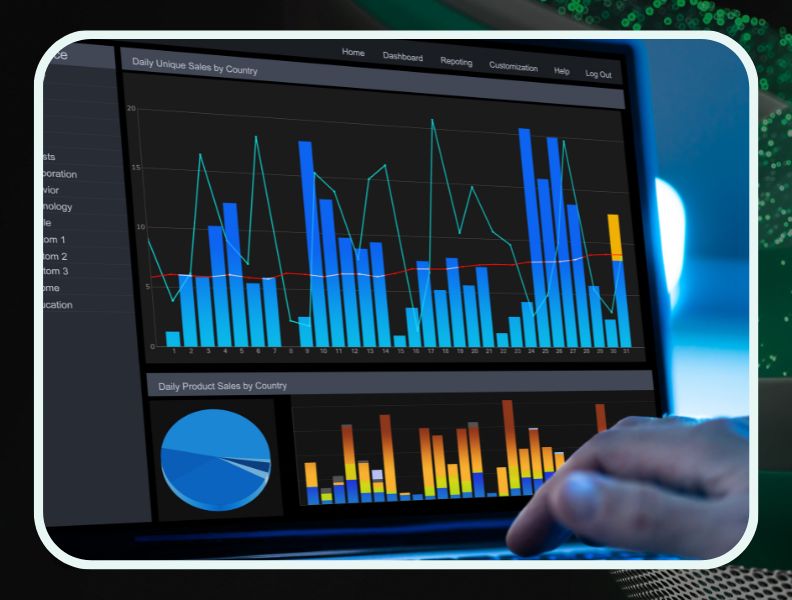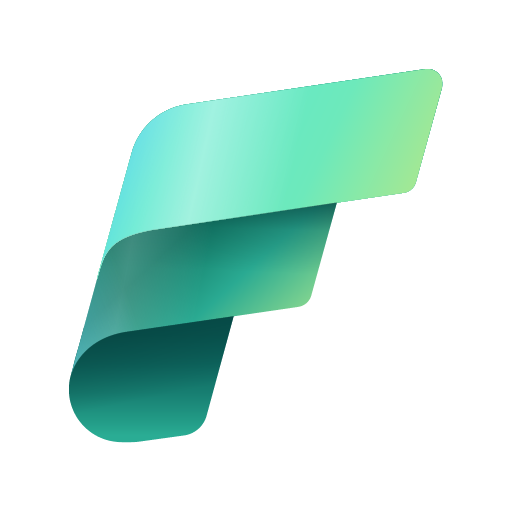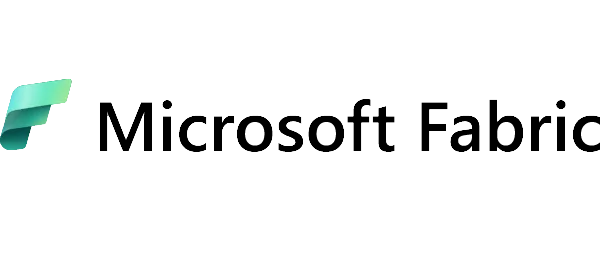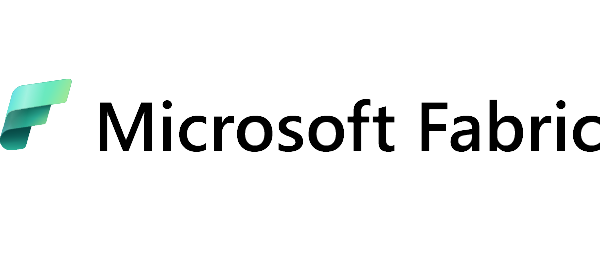
In the digital age, where data is the new oil, data analytics plays a key role in business decision-making. As a comprehensive analytics platform, Microsoft Fabric offers innovative solutions that change how businesses analyse and interpret data. In this article, we look at what Microsoft Fabric is, how innovative entrepreneurs use the tools under the brand’s umbrella, and future predictions for data analytics using modern technology.
What is Microsoft Fabric?
Microsoft Fabric is an advanced analytics platform designed to facilitate data analysis processes. It integrates various analytical tools such as Power BI, Data Factory, Data Activator, Data Science, Data Warehouse, Data Engineering and Real Time Analysis.
Microsoft Fabric allows for a coordinated workflow with data – from data collection to processing to visualisation and analysis. This all-encompassing solution enables companies to conclude faster and more accurately, and beyond that, with this platform, companies can also more easily integrate data from different sources, ensuring above-average consistency and quality of information. Moreover, Microsoft Fabric offers tools to automate analytical processes, significantly reducing the time and costs associated with data processing.
How does Microsoft Fabric support innovative entrepreneurs?
Businesses that are open to innovation use Microsoft Fabric to gain a competitive advantage in the market. With advanced analytics, companies can better understand customer needs, optimise operational processes and anticipate future trends.
For example, tools such as Power BI allow the creation of intuitive reports and dashboards that make it easy to interpret data. On the other hand, Azure Synapse and Data Lake enable the storage and analysis of large data sets in real-time, which is crucial for dynamic business environments.
· Understanding customers’ needs
Businesses using Microsoft Fabric can benefit from advanced analysis of customer behaviour. For example, companies can use Power BI to track customers’ interactions with their products and services to create more personalised offers. According to research, companies using personalised marketing strategies increase their revenues by an average of 15 per cent.
· Optimisation of operational processes
Tools such as Data Factory and Data Engineering allow business processes to be automated and optimised. As a result, companies can significantly reduce the time and costs associated with data management. For example, a company can automate the processing of data from different sources, which reduces the risk of errors and speeds up access to key information.
· Predicting future trends
With the machine learning and predictive analytics features built into Microsoft Fabric, businesses can forecast future market trends. For example, analysis of sales and market data can identify patterns that may indicate future changes in consumer preferences. On average, companies using predictive analytics report 20% higher accuracy in sales forecasting.
· Intuitive reports and dashboards
Power BI enables the creation of clear and intuitive reports and dashboards that help managers quickly understand key performance indicators. For example, interactive data visualisations can show how different marketing strategies affect sales in real time. Studies show that companies using advanced data visualisation tools increase their operational efficiency by 17%.
· Real-time analysis
By integrating with Azure Synapse and Data Lake, companies can perform real-time analysis of large data sets. This is particularly important in industries where responding quickly to changing market conditions is key, such as retail and finance. For example, real-time data analytics allows retail companies to respond immediately to changes in demand, resulting in better inventory management and higher customer satisfaction.
With its advanced features, Microsoft Fabric enables companies to manage their data more efficiently and gain a real competitive advantage in the market.
Integration of AI and ML in Microsoft Fabric
One of Microsoft Fabric’s greatest strengths is that the tools under one umbrella harness the potential of artificial intelligence (AI) and machine learning (ML). As a result, businesses can create advanced predictive models that help predict customer behaviour, identify potential risks, and optimise marketing efforts. Automating analytical processes using AI and ML allows faster and more precise conclusions from data.
Challenges and opportunities for data analytics
While Microsoft Fabric offers many benefits, businesses also face some challenges. These include managing huge amounts of data and ensuring its security and compliance. However, with the right strategy and tools, these challenges can be overcome. The opportunity lies in harnessing Microsoft Fabric’s full potential to create more effective and innovative analytics solutions.
In the coming years, we can expect analytics tools such as Microsoft Fabric to continue to evolve. Integration with the cloud, the development of AI and ML technologies and the growing role of predictive analytics will be key trends. They will enable companies to benefit from even more advanced functions, allowing faster and more precise decision-making. With Microsoft Fabric, data analytics will become even more accessible and practical.
Data analysis with Microsoft Fabric
Microsoft Fabric represents the future of data analytics, offering comprehensive and advanced tools that support innovative entrepreneurs in making better business decisions. The integration with AI and ML technologies and the platform’s ongoing development promise even greater possibilities in the coming years. Without a doubt, companies that choose to implement Microsoft Fabric now will be able to realise the full potential of their data to succeed in a rapidly changing market.



